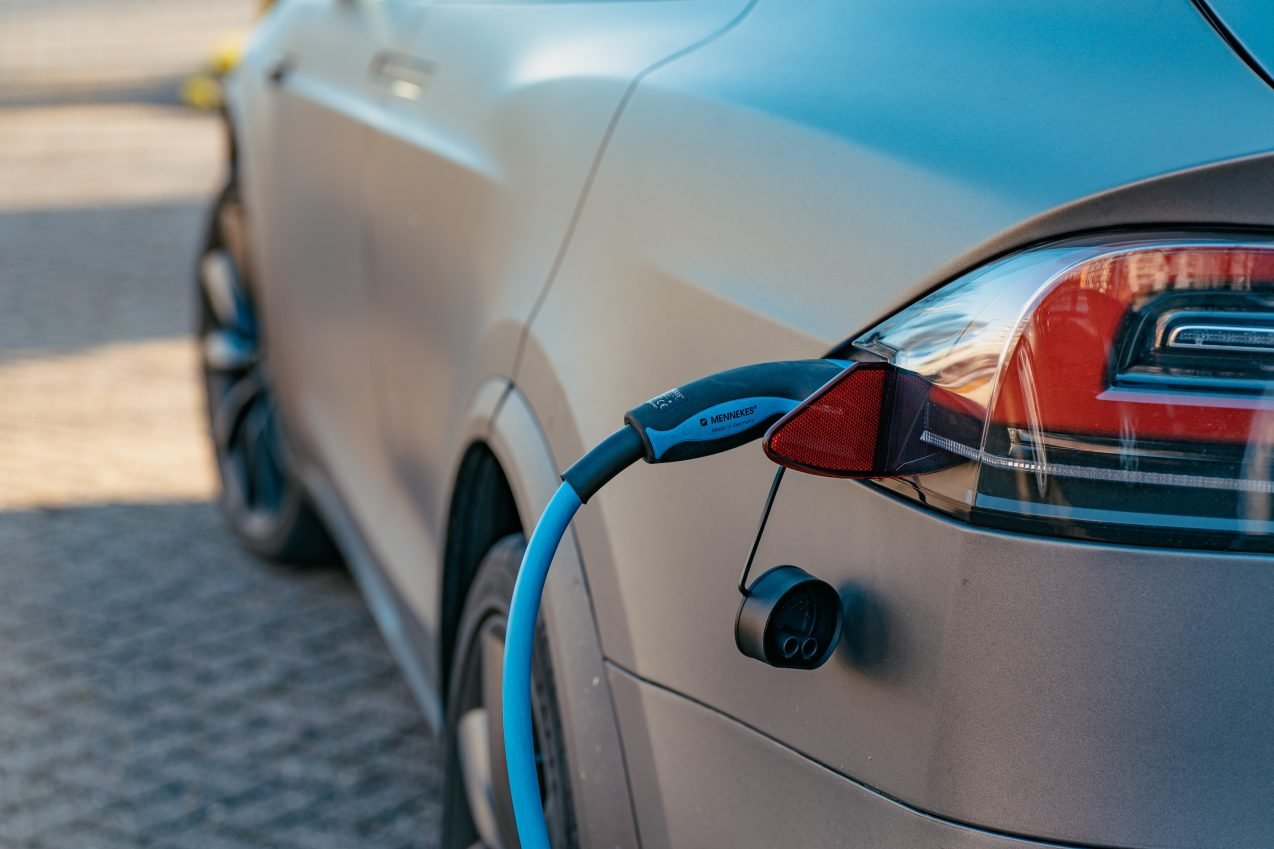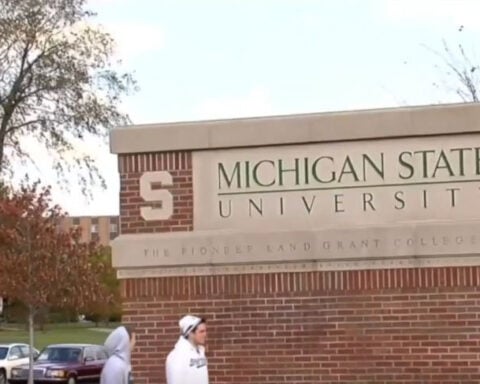According to reports, the United States government under President Biden is getting ready to adopt the strictest vehicle pollution rules the country has ever seen. By 2032, 67% of all new passenger vehicles sold in the nation must be electric under these sweeping standards.
The new rules are a significant improvement since at the moment, all-electric vehicles make up 5.8% of new car sales in the US. The updated approach greatly accelerates America’s efforts to combat climate change and places the US at the forefront of global efforts. The United States is not alone in reducing car emissions. Canada and the United Kingdom’s proposed standards are very similar while perhaps the American strategy is more ambitious and could lead to U.S. sanctions. to the world’s first green car revolution. Even with the greatest of intentions, new rules will encounter significant obstacles.
One reason is that if electric vehicles become more popular, it would be necessary to make major changes to the existing infrastructure, such as building millions of additional charging stations and restructuring power distribution networks. Whether or whether consumers quickly accept electric vehicles will determine the success of the new approach. Few automakers, even the most optimistic ones, believe that sales of electric cars will account for more than half of yearly sales within a decade.
The Environmental Protection Agency (EPA) is scheduled to announce the anticipated restrictions on car exhaust emissions soon. Despite past criticism of the Biden administration’s support for a major project on federally owned land in Alaska, environmentalists can reveal that they support the decision. EPA Administrator Michael S. Reagan is scheduled to make a public announcement of proposed limits on vehicle emissions soon
A minimum of 54% and a maximum of 60% of all newly sold autos in the United States must be electric vehicles under the proposed law. Before it is formally adopted, it will be subject to public scrutiny and revision.. By 2032, experts predict that number will be between 64% and 67%. .. The proposed regulation will be challenged in court, given that a subsequent government may reverse or water it down in 2024.
The proposed rulemaking is a substantial endeavor for the car business. To to Alliance for Automotive Innovation president John Bozzella: "nothing short of a complete transformation of the automotive industrial base and the automotive market." Though difficult, the proposed law has the potential to coordinate federal action with that of states like California, which has proposed a ban on the sale of new gasoline-powered vehicles after 2035. Even though they dislike restrictions in general, manufacturers would rather work with a unified framework than have to adapt to varying requirements in different regions.
The necessity for millions of charging stations is a major obstacle to widespread adoption of electric cars. To successfully mainstream EVs, charging stations must become as ubiquitous as petrol stations. About half a million charging stations along interstates and other federal roads were to be constructed using $7.5 billion from a 2021 infrastructure package. However, S&P Global found that millions would be required in a recent assessment.
Electric vehicles require fewer workers to construct than gasoline-powered automobiles, thus the transition might potentially lead to huge job losses in the auto sector. Losses in the car sector might hurt President Biden's reelection chances since he needs the backing of people in industrialized areas like Michigan and Ohio. The administration has been trying to reassure the unions by arranging weekly phone meetings with union leaders. President Biden, a self-proclaimed "car guy" who ran for office as "the most pro-union guy you've ever The anticipated limitations on vehicle exhaust emissions are expected to be revealed by the Environmental Protection Agency (EPA) in the near future. Even though there has been recent disapproval of the Biden administration's endorsement of a significant oil drilling venture on government-owned land in Alaska, environmental advocates are likely to express their support for this action.seen," with an emphasis on the creation of new employment in a clean energy economy.
The new regulations constitute a giant leap toward a greener future for the American auto industry. Despite the challenges that lie ahead, this is a significant and much-appreciated move in the right direction toward mitigating the climate calamity. The United States has to make the tough transition toward a sustainable automotive future. As the second-largest polluter in the world, the United States plays a pivotal role in the battle against climate change.

 What is seditious conspiracy, which is among the most serious crimes Trump pardoned?
What is seditious conspiracy, which is among the most serious crimes Trump pardoned?
 Savannah women brings hope and help with new Maternal Mental Health app
Savannah women brings hope and help with new Maternal Mental Health app
 Amazon to close 7 warehouses in the Canadian province of Quebec and eliminate 1,700 jobs
Amazon to close 7 warehouses in the Canadian province of Quebec and eliminate 1,700 jobs
 House prepares to pass immigrant detention bill that would be Trump's first law to sign
House prepares to pass immigrant detention bill that would be Trump's first law to sign
 Lewis Hamilton says driving a Ferrari F1 car for first time was 'exciting and special'
Lewis Hamilton says driving a Ferrari F1 car for first time was 'exciting and special'
 The head of a federal agency for consumers has packed up his office. But will Trump fire him?
The head of a federal agency for consumers has packed up his office. But will Trump fire him?
 Meagan Good says goodbye to 'Harlem,' hello to her future with Jonathan Majors
Meagan Good says goodbye to 'Harlem,' hello to her future with Jonathan Majors
 K-9's retirement party was everything a dog could want
K-9's retirement party was everything a dog could want
 Why some Instagram users aren’t able to unfollow Trump and JD Vance
Why some Instagram users aren’t able to unfollow Trump and JD Vance
 Green Automotive Future
Green Automotive Future







